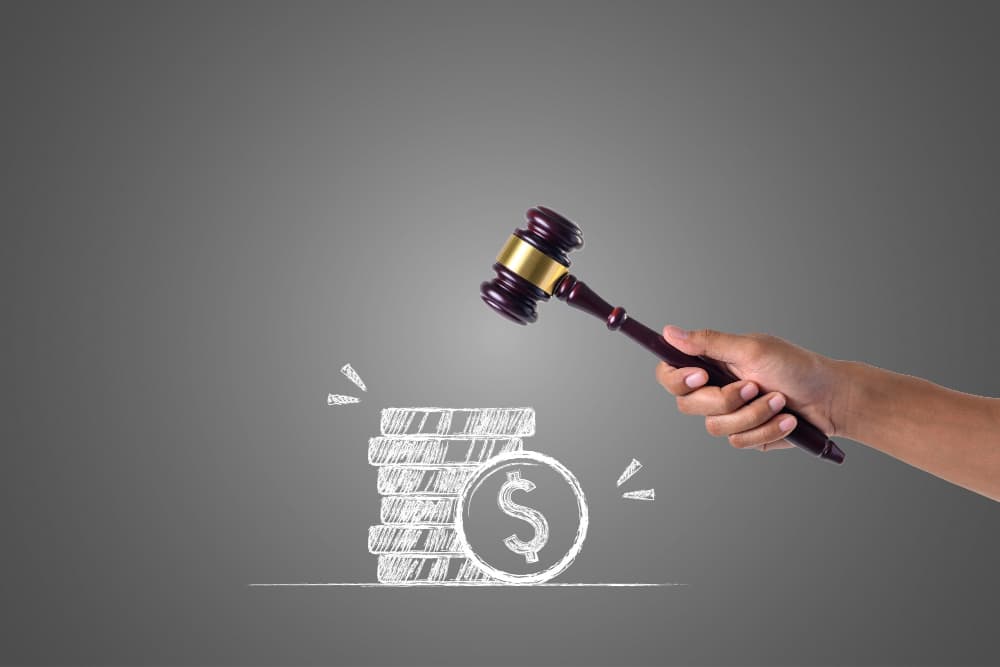The Lemon Law, a consumer protection statute, offers a remedy for new vehicle buyers facing persistent defects. However, its applicability to used cars, particularly those without warranties, raises critical questions. This article explores whether the Lemon Law applies to used cars, the available consumer protections, and strategies to ensure a trouble-free purchase.

Lemon Law and Used Cars: Understanding Consumer Protections and Buyer Strategies
1. Lemon Law Applicability
– The Lemon Law specifically pertains to new vehicles, typically defined by low mileage and single ownership by the dealer. Once a car exceeds certain miles, it is deemed used and is no longer covered by the Lemon Law.
You can contact a lemon law attorney and ask more about your new vehicle defects. They may charge on contingency basis
2. Void for Used Cars
– Used cars, sold “as is,” lack Lemon Law protection. Buyers bear the responsibility for repairs, and sellers are exempt from addressing defects.
Consumer Protections for Used Cars
1. FTC’s Used Car Rule
– The Federal Trade Commission mandates disclosure of known defects by dealers through the Used Car Rule. Buyers receive a Buyers Guide listing defects, offering transparency in the purchase process.
2. State Used Car Warranty Laws
– Many states enforce their used car warranty laws, compelling dealers to provide a written warranty for a specific period. For instance, California mandates a 90-day/4,000-mile warranty covering the engine, transmission, and drive axle.
3. Due Diligence for Used Car Buyers
– Buyers must conduct thorough research and inspections. Test drives, mechanic assessments, and vehicle history checks are crucial to identify potential issues.
Know more – What expect after lemon law / buyback
Considerations for Used Car Buyers
1. Cost of Repairs
– Despite the absence of warranties, buyers may face repair costs. Research average repair expenses for the vehicle model and consult a trusted mechanic to identify potential repair needs.
2. Vehicle Value Assessment
– Assess the value of the used car using tools like Kelley Blue Book or online valuation tools. This aids in estimating future resale values.
3. Reliability of Used Cars
– Gauge the reliability of the vehicle through customer reviews, expert opinions, and discussions with friends and family who own similar models.
4. Resale Value Consideration
– Factor in the resale value when purchasing a used car. Kelley Blue Book or online tools can help estimate the potential resale value.
Final.
While the Lemon Law doesn’t extend to used cars without warranties, consumers have avenues for protection. Considering repair costs, vehicle value, reliability, and resale value is crucial. By undertaking due diligence and evaluating these factors, buyers can make informed decisions, minimizing potential problems in the future.
